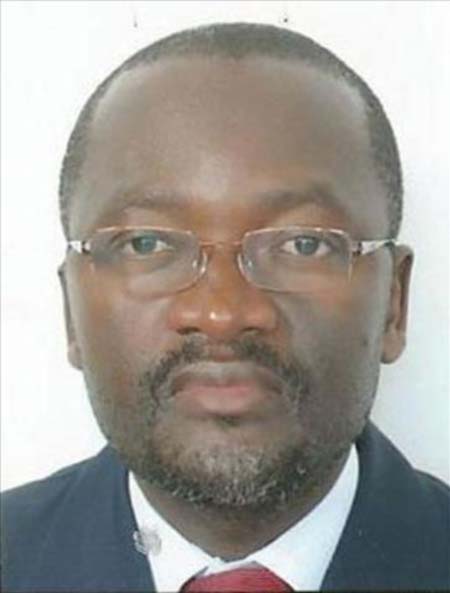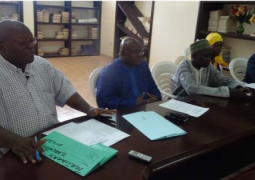
He was testifying under cross-examination before Justice Abi of the Banjul High Court.
Under cross-examination, Badjie told the court that as ambassador, he was neither the revenue collector nor a custodian of revenue.
He said defence exhibit D was a recommendation saying the embassy would have two signatories to the account, and that in the absence of one of the signatories, the ambassador would step in.
“Before this recommendation, we were three home-based staff at the embassy; the deputy head of mission/chancery, councilor responsible for UNESCO matters and the financial attaché and myself.”
He added that the councillor for UNESCO matters was recalled and appointed as PS, adding that Faisal Bojang absconded and he was left with the deputy head of mission/chancery.
In line with financial instructions, he became signatory to the account, he said, adding that the recommendation came after the incident.
“I became signatory to the embassy’s account after Faisal Bojang absconded and the councillor for UNESCO matters recalled.”
He said when Faisal Bojang was posted in Paris, he went there with the then Director of National Treasury accompanied by a senior accountant, and as usual they inspected the accounts of the embassy, which was the longest inspection they had at the embassy.
He was asked by state counsel A.M. Yusuf whether he would agree with him that inspecting the embassy in every four months amounted to negligence.
At that juncture, the defence counsel, L.S. Camara, objected to the question on the grounds that it was for the court to determine whether or not there was negligence.
He urged the court to disallow the question.
A.M. Yusuf said the objection by counsel was unfounded, and urged the court to overrule it.
The trial judge overruled the objection made by counsel, and called on the accused to answer the question.
Ousman Badjie said he did not agree that inspecting the account every four months was tantamount to negligence.
“I said here that Faisal Bojang was escorted to Paris by the then Director of National Treasury who was accompanied by a senior accountant, and they inspected the embassy’s account and issued a report which was also the longest inspection.”
He added that the Foreign Service Rules 0229 stipulate that the financial attaché is responsible for all the disbursements and receipt of revenue under the supervision of the head of chancery.
On whether he made an effort to recover the stolen money by Faisal Bojang, he said the incident was reported the very day the bank informed him, and he received a police interim report and called a court in Paris to seek for legal advice.
He explained the matter they were faced with, and told them he was seeking legal advice on what action to take.
They referred him to a legal expert on financial and monetary issues, who gave them an appointment, he said.
He went with the deputy head of mission to meet with the legal expert, and narrated the story.
The expert took note of their explanation and gave them another appointment, and asked the deputy head of mission to bring other official documents where she signed on behalf of the embassy and a copy of the forged cheque, Badjie added.
“On 1 July 2014, I went to meet the expert with the deputy head of mission and the protocol welfare officer of the embassy. The expert told us: ‘I am going to be honest with you: Looking at the documents Mrs Sock is signing and the copy of the alleged forged cheque signature, I have not seen any difference between the two’,” he stated.
As such, under the French Financial and Monetary Act, it will be very difficult for the embassy to get something from the bank,” he said.
The case continues on April 11, 12, 13 and 14.
Read Other Articles In Article (Archive)



